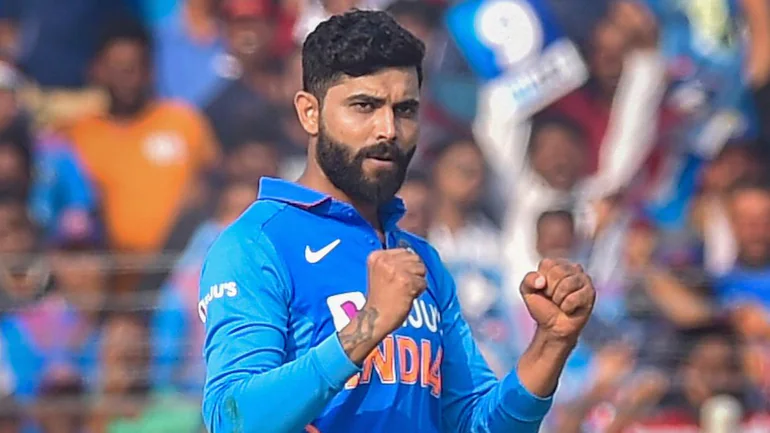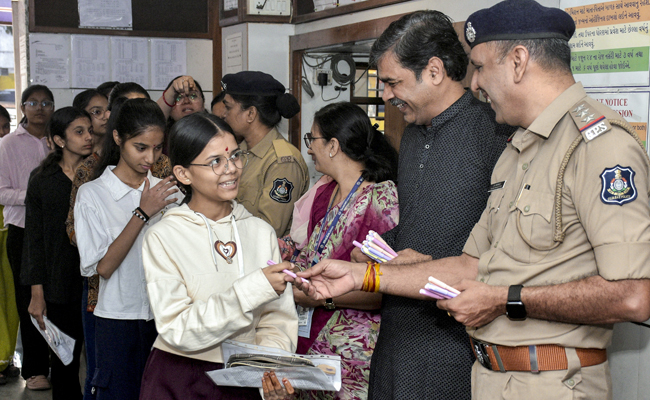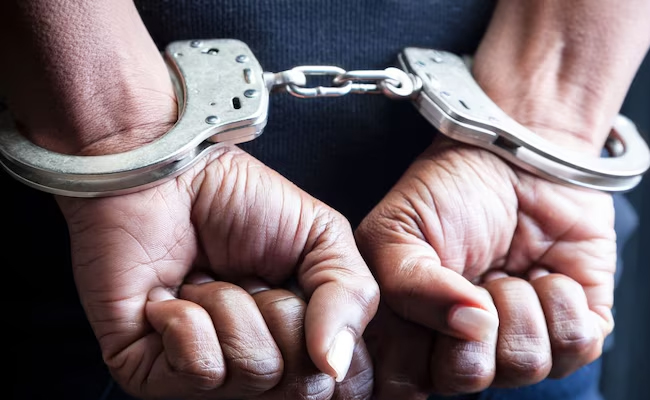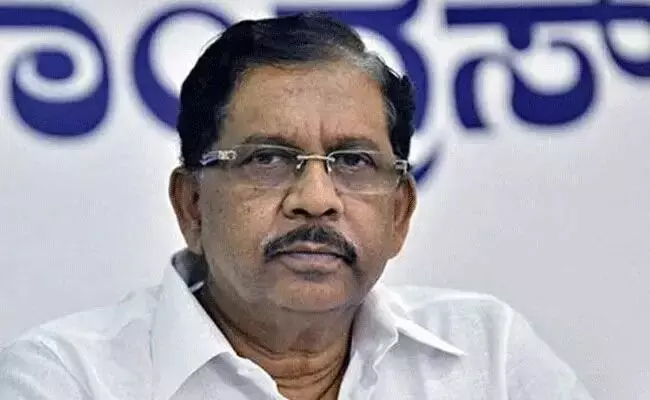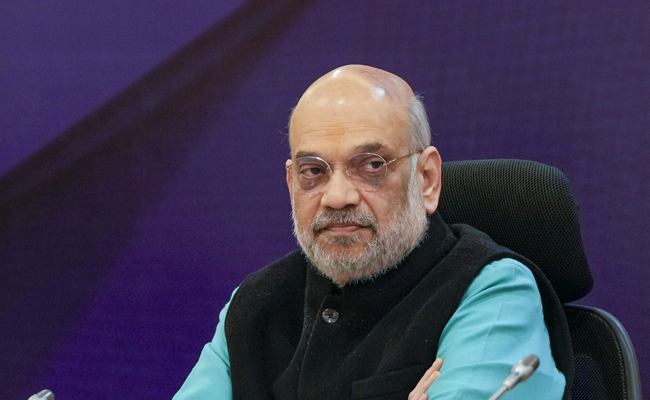New Delhi, Aug 9: Star India all-rounder Ravindra Jadeja gave dope samples thrice between January and May this year, making him the most tested cricketer during this period, according to data released by the National Anti-Doping Agency (NADA).
Altogether 55 cricketers (male and female, 58 samples) underwent dope testing in the first five months of this year, with more than half of the samples taken 'Out Of Competition' (OOC), according to a recent list put up by the NADA on its website.
This meant that the number of samples collected from cricketers this year is expected to be much more than the previous two years. According to the data, the NADA had collected 54 and 60 samples respectively from the cricketers in 2021 and 2022 respectively.
India captain Rohit Sharma and star batter Virat Kohli were not tested during the first five months of 2023.
Hardik Pandya, who has been leading the India T20 International side for some time, underwent one test -- 'Out Of Competition' (OOC) urine sample in April.
In 2021 and 2022, Rohit was the most tested cricketer with three samples each, according to NADA data of the two years.
Kohli was not tested in 2021 and 2022 also. Around 20 samples in 2022 were from women cricketers.
But, in the first five months of this year, only two women cricketers -- India captain Harmanpreet Kaur and her deputy Smriti Mandhana -- were tested once each -- out-of-competition urine samples collected in Mumbai on January 12.
Around 20 samples were taken in competition, most of them likely during the Indian Premier League.
There were seven blood samples out of the 58, all the remaining being urine.
All of Jadeja's three samples were of urine, and taken out of competition on February 19, March 26 and April 26.
Thangarasu Natarajan underwent two tests, one urine and one blood -- both on April 27.
Blood testing allows detection of additional substances that in some cases may not be able to be found in urine.
Additionally, blood samples allow the use of longitudinal data collection, often called the athlete biological passport.
Longitudinal data collection monitors certain bio markers over time to detect the use of performance-enhancing substances and/or methods.
Other prominent Indian cricketers who underwent dope tests from January to May this year include Suryakumar Yadav, KL Rahul, Ishan Kishan, Mohammed Siraj, Deepak Chahar, Mayank Agarwal, Rahul Tripathi, Bhuvneshwar Kumar, Wriddhiman Saha, Dinesh Karthik, Yashasvi Jaiswal, Ambati Rayudu, Piyush Chawla and Manish Pandey.
Some of the star players from abroad who underwent dope tests were David Wiese, David Miller, Cameron Green, Sunil Narine, Andre Russell, David Warner, Rashid Khan, David Willey, Trent Boult, Marcus Stoinis, Mark Wood, Adam Zampa, Sam Curran, Liam Livingstone and Jofra Archer.
All the tests on foreign players were conducted in April (during IPL season), most of them urine samples but a few provided blood samples also.
Prominent players from other sports who underwent dope tests during these five months include Olympic medallist weightlifter Mirabai Chanu, boxer Lovlina Borgohain, shuttlers Saina Nehwal and Kidambi Srikanth, wrestlers Bajrang Punia and Vinesh Phogat, hockey players Harmanpreet Singh, PR Sreejesh and Savita Punia, among others.
The overall NADA list runs into more than 60 pages and the number of samples could be more than 1500.
Bajrang and Vinesh, who led a sit-in protest earlier this year, alleging sexual harassment of some female grapplers by outgoing WFI chief Brij Bhushan Sharan Singh, gave two urine samples -- on February 20 and March 19 -- and one blood sample on March 19, all of them out of competitions and in Sonipat.
Lovlina gave urine and blood samples on two occasions -- March 19 and May 7, all out of competition.
Track and athletes were tested the most with around 500 samples, followed by weightlifting (around 200), boxing (more than 100), shooting and wrestling (more than 70 each), and football and hockey (more than 50 each).
Let the Truth be known. If you read VB and like VB, please be a VB Supporter and Help us deliver the Truth to one and all.
Gandhinagar (PTI): The Class 10 and 12 board examinations for more than 15 lakh students, conducted by the Gujarat Secondary and Higher Secondary Education Board (GSHSEB), commenced across the state on Thursday, officials said.
At several centres, students appearing for the examination were welcomed in keeping with Indian cultural traditions. They were greeted with sweets, presented with roses, and given writing pads and pens.
"There are 1,701 examination centres across the state, where 15,27,724 students have begun their exams," an official release said.
To prevent any malpractice, special arrangements have been made by the administration. All examination centres are equipped with CCTV cameras, it added.
Officers from the District Coordination Committee have been appointed as observers. Adequate police personnel have also been deployed to maintain law and order, the release said.
Chief Minister Bhupendra Patel extended best wishes to students for achieving success in the exams.
"With the blessings of teachers and parents, along with hard work and self-confidence, we can overcome every stage of life with ease. The board examination is also an important milestone in life. It not only helps us move forward in our careers but also prepares us for the many tests life has to offer," he said in a post on X.
He appealed to the students to take their exams without stress, with complete confidence, and build a bright future by achieving success in every examination of life.
Gujarat Education Minister Dr Praduman Vaja visited Shri Swaminarayan Gurukul and encouraged students, extending wishes for their bright future.
He said the government has made comprehensive arrangements to ensure that students can take their exams in a free and fearless environment.

